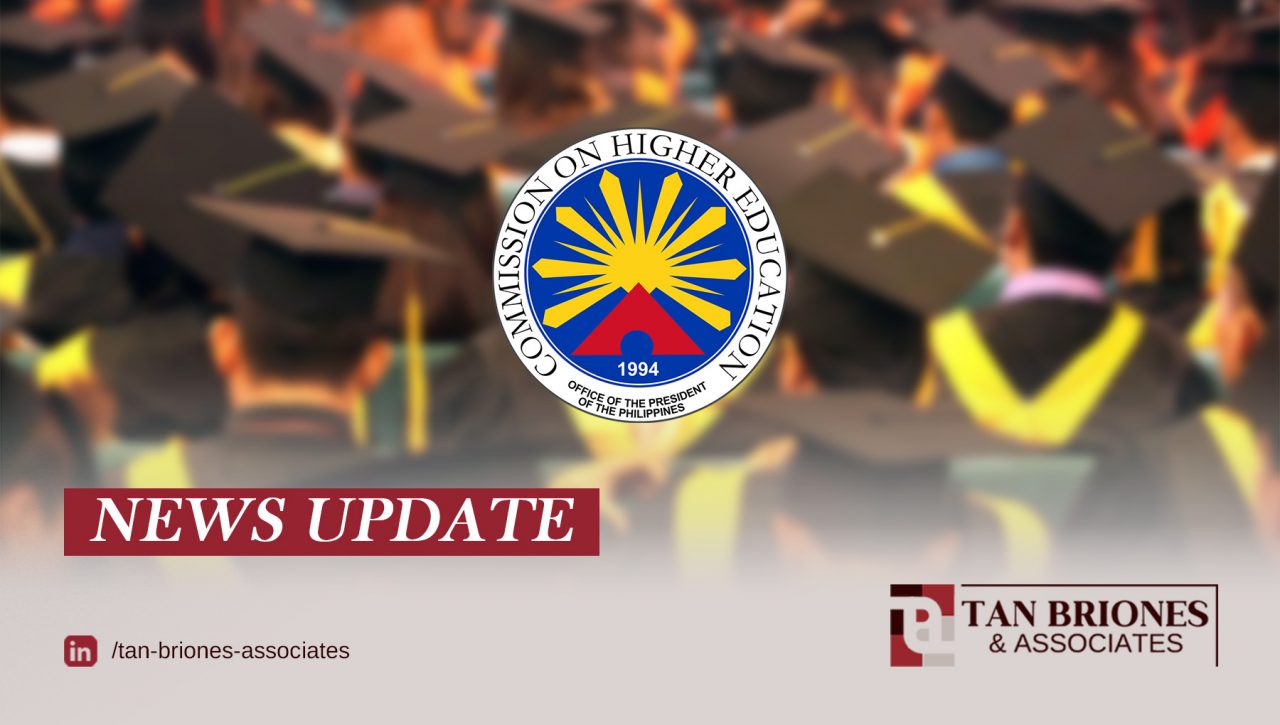
An alternative education program that allows working professionals and other qualified individuals to obtain a degree based on prior learning and work experience is now law.
President Ferdinand R. Marcos Jr. signed Republic Act No. 12124 on March 3, institutionalizing the Expanded Tertiary Education Equivalency and Accreditation Program (ETEEAP).
The law enables working professionals and other qualified individuals to earn an academic degree through an assessment system that evaluates formal, non-formal, and informal learning, as well as industry experience.
Under RA 12124, the Commission on Higher Education (CHED) will oversee ETEEAP’s implementation, including accrediting higher education institutions (HEIs) authorized to grant degrees through the program.
CHED will also develop standards for evaluating skills, knowledge, and competencies, set accreditation fees, and monitor compliance among deputized institutions.
Moreover, it will also have the authority to grant or revoke HEIs’ participation in the program.
To ensure efficient implementation, the Office of Programs and Standards Development under CHED will be strengthened to serve as the program’s technical secretariat.
The program is open to Filipino citizens, including those residing abroad, who meet the eligibility criteria.
To qualify for the program, applicants must be at least 23 years old, have completed secondary education, and possess at least five years of work experience relevant to the academic degree they seek to obtain.
The law also mandates CHED to conduct consultations with various sectors to refine the program and ensure its effectiveness.
Follow Tan Briones & Associates on LinkedIn for more legal updates and law-related articles.







